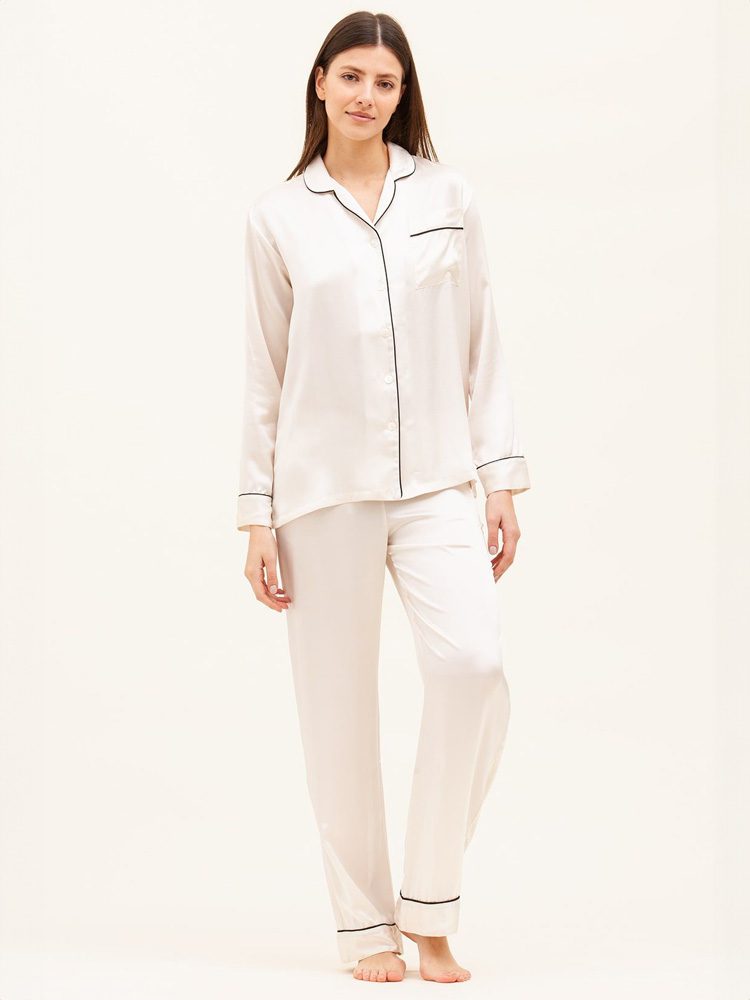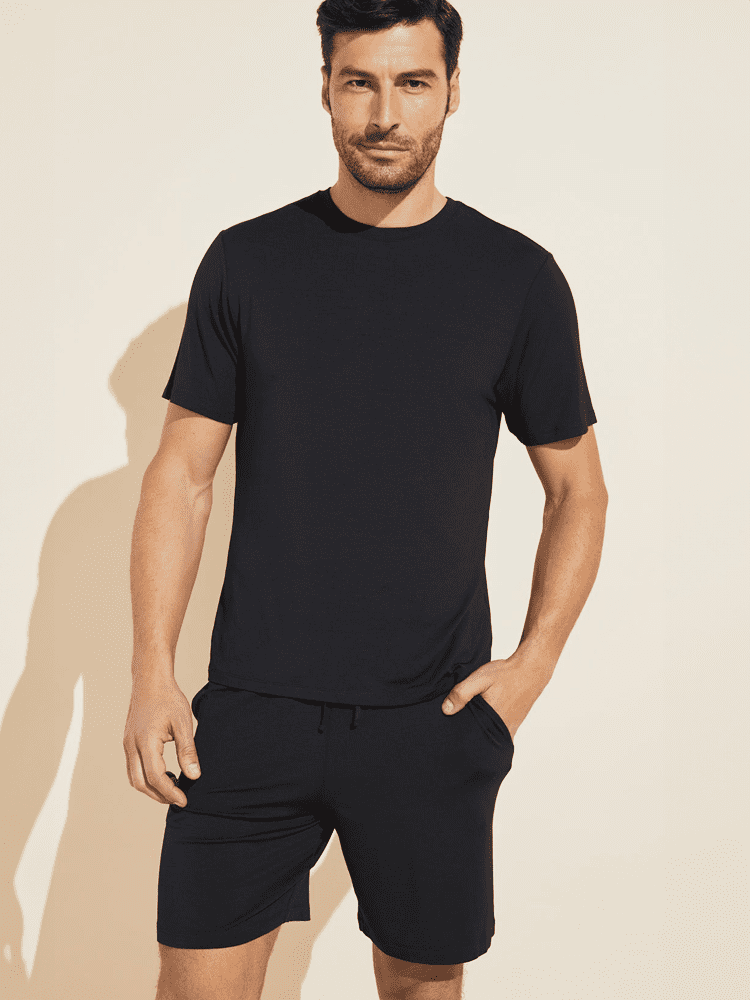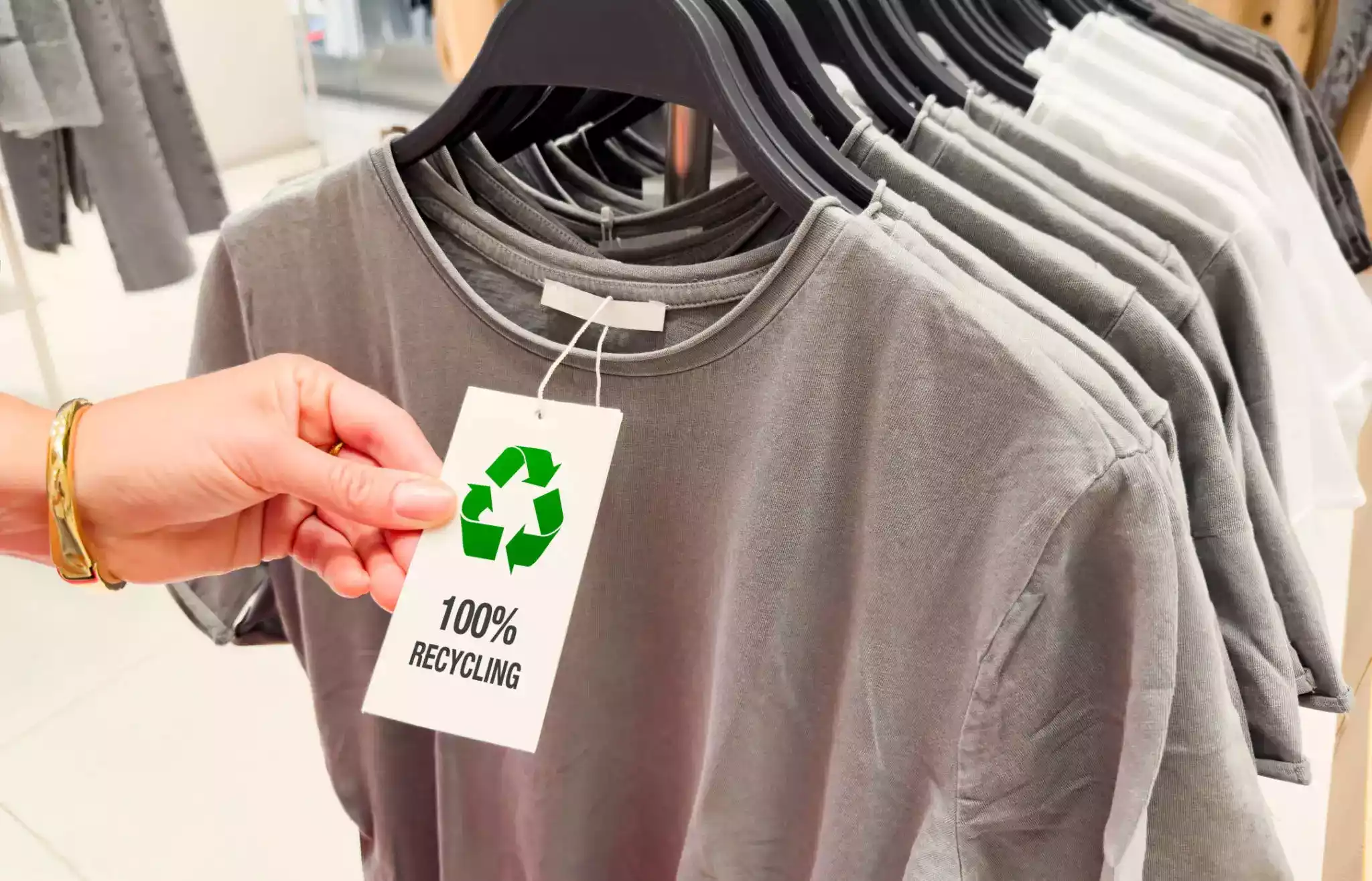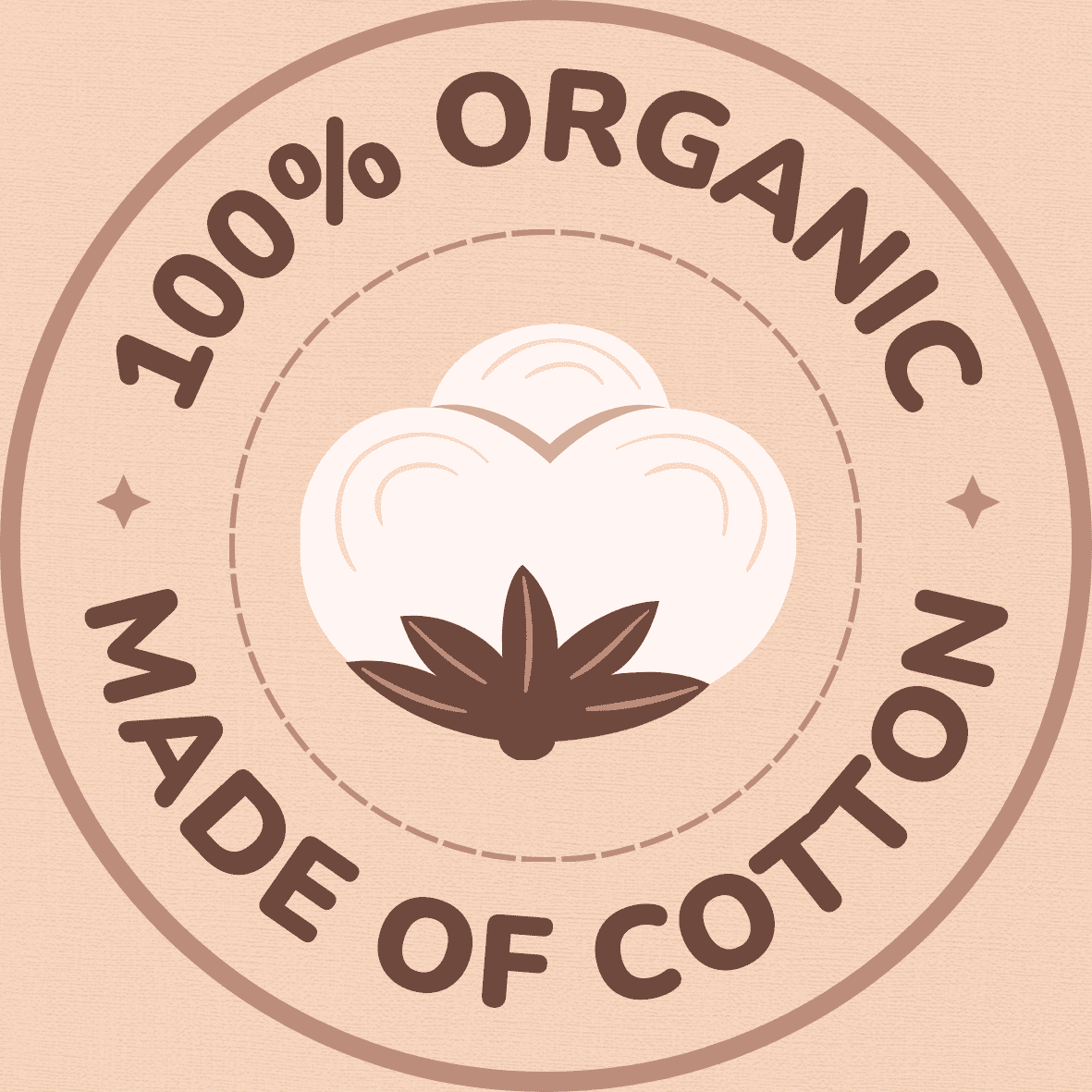Private Label Mastery: Odhalení prodejců oděvů na zakázku
Private label clothing represents a sector of the fashion industry where retailers contract with third-party manufacturers to produce clothing items customized to the retailer’s specifications. This approach gives retailers full control over product aspects such as design, quality, material selection, and pricing. A highlight of this business model is the capacity for retailers to create unique brand identities, offering products that are exclusive to their stores.
In the realm of private label clothing, vendors and suppliers play significant roles. Prodejci oděvů pod vlastní značkou are essentially the manufacturers responsible for crafting the products based on the retailer’s directives. They typically have the capacity to handle all stages of výroba, from fabric sourcing and pattern generation to stitching and packaging. On the other hand, private label dodavatelé oděvů facilitate the distribution processes, ensuring that the finished products reach retailers in a timely and efficient manner. Together, these entities form a seamless network that propels the private label clothing industry forward.
Identifying Your Target Market for Custom Clothing
Navigating the vast landscape of the fashion industry can be daunting, especially when it comes to determining who your target customer is. Precision is key; a well-defined target market forms the foundation of all your marketing strategies. To hone in on your potential consumer base, consider factors like age, gender, income, lifestyle and fashion preferences. For instance, if you’re planning to launch an athleisure line, your target market might be fitness enthusiasts within a certain age and income bracket. Similarly, a luxury private label clothing line would be aimed at a high-income group seeking exclusivity and premium quality.
An understanding of your target market also informs your strategic partnerships. For example, businesses seeking to reach a wider audience might consider teaming up with Pjgarment.com, a renowned platform for soukromá značka clothing wholesale. By partnering with a wholesale supplier like Pjgarment.com, you can secure your supply chain while expanding your customer base and enhancing customer satisfaction. Remember, in the world of oblečení na zakázku, a firm grasp of your target market isn’t a mere accessory; it is the anchor that holds your business steady in choppy waters.
Selection Criteria for Private Label Clothing Vendors

In the bustling world of fashion retail, choosing the best out of numerous wholesale private label clothing manufacturers is a task of paramount importance. The quality, style, and uniqueness of a brand are often reflective of the manufacturing partners with whom they collaborate. As a result, it is essential to engage in a careful evaluation of prospective vendors in the market.
Looking specifically at private label výrobci oděvů in Europe, certain integral aspects come into play when laying out the selection criteria. These include, but are not limited to, a manufacturer’s design capabilities, adherence to requested turnaround times, transparency in pricing, and most importantly, the provision of quality management services which oversee garment quality control and assurance. Furthermore, a manufacturer’s capacity to support sustainability initiatives can be an advantageous factor in distinguishing between potential partners. The previously mentioned parameters should serve as a guide to aid in this complex decision-making process.
Strategic Partnership with Private Label Clothing Suppliers
Navigating the murky waters of the private label clothing industry can be a daunting task without established strategic partnerships with reliable manufacturers. It is essential to tailor these strategic alliances to the unique needs of your business, ensuring a complementary fit. Building a strategic partnership not only involves finding renowned suppliers but also necessitates choosing between private label luxury clothing suppliers and private label organic výrobci oděvů, based on your business’s ideal consumer profile.
In terms of sourcing, cooperation with private label organic clothing manufacturers can potentially tap into the market of environmentally-conscious consumers. This partnership can enable you to offer udržitelné oblečení options under your brand, reflecting positively on your company’s corporate social responsibility. On the other hand, collaborating with private label luxury clothing suppliers can cater to a high-end market, offering premium quality garments. Importantly, choosing the right partner requires due diligence, negotiation skills, and continual relationship management to uphold superior product quality for your consumers.
Benefits of Opting for Wholesale Private Label Clothing
Entering the realm of wholesale private label dámské oblečení provides a multitude of benefits. Firstly, this approach allows businesses to secure a unique, customized product range that caters specifically to their target market, enhancing brand identity and setting them apart from competitors. This approach reduces direct competition as businesses aren’t simply selling the same products as everyone else in the marketplace.
In addition, opting for private label wholesale clothing empowers businesses with greater control over pricing strategies. Audacious price wars and undercutting from competitors can be avoided as businesses will have the leeway to set their prices based on their product quality, brand value, and target customer’s willingness to pay. These unique pieces of apparel essentially give businesses a chance to drive higher profit margins, strengthening their financial position, and facilitating long-term growth.
Another significant advantage of private label wholesale clothing is the ability to maintain a consistent supply chain. With this business model, companies can ensure that their products are produced and delivered in a timely manner, reducing the risk of stockouts and lost sales. This level of control over production also allows businesses to oversee quality assurance processes, ensuring that each piece of clothing meets or exceeds customer expectations.
• Enhanced Brand Identity: By offering unique products tailored specifically for their target market, businesses can enhance their brand identity and stand out from competitors.
• Reduced Competition: The private label approach reduces direct competition as businesses aren’t simply selling identical items available elsewhere in the marketplace.
• Greater Control Over Pricing: Businesses have more leeway to set prices based on product quality, brand value, and customers’ willingness to pay. This strategy helps avoid price wars with competitors while potentially driving higher profit margins.
• Consistent Supply Chain: Private labeling enables companies to maintain a reliable supply chain by controlling when their products are produced and delivered. This minimizes risks associated with stockouts and lost sales opportunities.
• Quality Assurance Oversight: Companies using this business model can closely monitor quality assurance processes, ensuring every piece of apparel meets or surpasses customer expectations.
Lastly but importantly, adopting wholesale private label clothing opens up opportunities for branding beyond just the product itself. Packaging design becomes an extension of your brand image – another tool at your disposal to create memorable unboxing experiences for consumers which further drives brand loyalty.
• Extended Branding Opportunities: Beyond just the product itself, packaging design provides additional avenues for branding – creating memorable unboxing experiences that foster consumer loyalty.
Challenges in Cooperating with Private Label Clothing Vendors

Just like any collaboration, one of the hurdles faced while associating with private label clothing manufacturers USA revolves around identifying a reliable and trustworthy partner. Effective cooperation could be mitigated due to a lack of transparency, as this can result in unexpected fees and costs related to production, inventory management, and delivery. Difficulty in maintaining consistency in quality or a delayed response from the manufacturer are additional impediments, which could put pressure on your business timelines and customer satisfaction.
Moreover, opting for private label wholesale clothing USA involves substantial investment, which may introduce financial risk to the business. Few manufacturers have a high minimum order volume which might not bode well for small and medium-sized enterprises looking to dip their toes in the private label business. Additionally, discrepancies between desired and delivered products can occur due to communication gaps. These challenges highlight the necessity for comprehensive research and due diligence when selecting a private label výrobce oděvů.
Steps to Develop Your Own Private Label Clothing Line
Initiating a private label oděvní řada necessitates a strategic approach, meticulous planning, and a reliable network of vendors. One of the initial steps involves establishing your brand’s identity. Defining brand values, target customer demographic, and aesthetic preferences forms the foundation of your clothing line. It is crucial to outline these elements clearly as they serve as guiding principles during structure formulation and decision-making processes.
Next, navigating the landscape of private label clothing vendors near New York can be a challenging yet rewarding endeavor. It’s imperative to conduct thorough research and due diligence when selecting vendors. This step involves scrutinizing various metrics like production capability, quality consistency, and delivery timeliness. Vendor selection significantly impacts the overall quality of your private label clothing line, hence making an informed decision is key to longevity and success in the market.
Case Study: Success Stories of Private Label Clothing Brands
One of the most prominent examples of a successful private label oděvní značka is that of Uniqlo—a company that has created a defining presence in the fashion market. Based in Japan, the fast-fashion brand has prioritized quality, affordability, and classic designs to corner its share of the market, creating a solid presence in many countries worldwide. Uniqlo’s business strategy mainly revolves around owning the manufacturing process. This allows them to offer high-quality, durable clothes at prices that are significantly lower than those of competitors who outsource production.
Another shining example is Zara, a Spain-based company renowned for quickly turning the quickest fashion trends into wearable pieces, thanks to its efficient supply chain. The success story of Zara lies in its unique business model that has shortened the time between design, production, and selling to just a few weeks, a feat unmatched in an industry traditionally fraught with long lead times. Additionally, Zara’s ability to provide instant gratification to the fashionable consumer through in-season trend adaptations has turned it into a global leader in the realm of private label clothing.
Guide to Marketing Your Private Label Clothing Line

Building a successful marketing strategy for your private label clothing line involves exploiting the power of both online and offline mediums. This includes but is not restricted to online marketing techniques such as search engine optimization (SEO), content marketing, social media campaigns, email marketing, as well as offline methods like event marketing, direct mail campaigns and tap into wholesale distribution. It’s about creating a unique brand identity that reflects the essence of your clothing line and resonates well with the targeted demographic.
Moreover, understanding your target audience’s desires and preferences is elementary. Offering návrhy oděvů that appeal to the target customer base, providing an excellent customer service experience and setting competitive prices can help your brand to stand out in the saturated marketplace of private label clothing. Customer feedback and fashion trend analysis should then be used to continually refine your marketing strategies. Equally important, don’t forget to craft compelling brand stories that forge emotional connections and foster customer loyalty.
Continual Improvement and Expansion of Your Private Label Range
In the dynamic fashion industry, continual improvement is not merely an option but a necessity to remain competitive. The refinement of your private label range not only enhances brand reputation but also contributes actively to customer retention. Constantly reviewing and improving the designs, materials and fits based on customer feedback, industry trends, and innovative technology will help align your line with market expectations. Commitment to quality and timely upgrades ensures that your brand keeps its appeal fresh, preventing stagnation or obsolescence.
Expansion, on the other hand, is a powerful strategy to increase your brand’s reach and profit margin. It can be achieved by venturing into new product types, broadening your demographic or geographic reach, or introducing your brand to different retail platforms. Brand diversification can cater to a wider customer segment, thereby potentially increasing your market share. It can also provide an cushion against the impact of seasonal fashion trends or sudden changes in customer preferences. Care must be taken, however, to ensure that any such expansion aligns with your core brand values and vision.
Nejčastější dotazy
What is the concept of private label clothing?
Private label clothing refers to a retail strategy where a brand sources clothing from a third-party manufacturer and sells them under its own brand name. The retailer has control over everything from design and fabric selection to branding and marketing.
How do I identify my target market for custom clothing?
Identifying your target market involves understanding who is most likely to buy your clothes. This involves market research into aspects such as age, gender, income level, lifestyle, and fashion preferences. It’s important to tailor your designs and marketing strategy to appeal to this target demographic.
What should I consider when selecting private label clothing vendors?
Things to consider include the vendor’s reputation, quality of their products, pricing, flexibility in design and order quantity, speed of delivery, and their willingness to work in a partnership model.
What are the benefits of opting for wholesale private label clothing?
Opting for wholesale private label clothing allows you to have more control over the product design, quality, and pricing. It also gives you the opportunity to build and promote your own brand, thereby creating a unique identity in the market.
What challenges might I face while cooperating with private label clothing vendors?
Challenges can include communication gaps, discrepancies in quality, delayed deliveries, and disagreements over responsibilities. It’s crucial to establish clear terms and conditions from the start to prevent such issues.
How can I develop my own private label clothing line?
Developing your own private label clothing line involves understanding your target market, designing unique and appealing clothes, sourcing a reliable private label vendor, and building a strong branding and marketing strategy.
Can you provide some success stories of private label clothing brands?
These can vary based on the article content. However, notable success stories often include brands like Zara, Uniqlo, and H&M, which have successfully used the private label model to create a unique brand identity and customer loyalty.
How should I market my private label clothing line?
Marketing strategies can include social media promotion, influencer marketing, search engine optimization (SEO), email campaigns, and hosting events. It’s important to communicate your unique selling proposition (USP) effectively to your target audience.
How can I continually improve and expand my private label range?
Continual improvement involves regularly reviewing your product quality, design, and customer feedback. Expansion can involve broadening your product range, entering new markets, or scaling up your production. It’s also important to stay updated with fashion trends and customer preferences.




